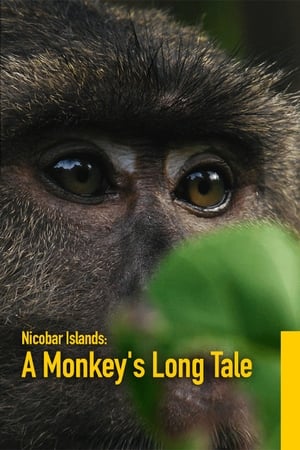
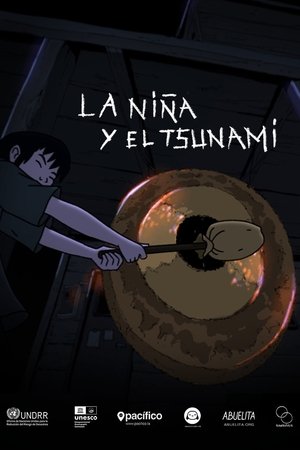
The Girl and The Tsunami(2021)
February 2010. On a remote island in the Pacific Ocean called Juan Fernández, everyone slept in town. But a 12-year-old girl felt a tremor and warned of imminent danger.

Movie: The Girl and The Tsunami
Top 1 Billed Cast
Narrator
Video Trailer The Girl and The Tsunami
Recommendations Movies
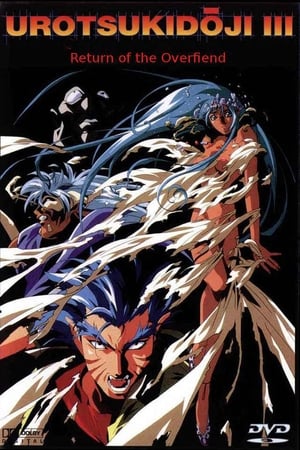 6.5
6.5Urotsukidōji III: Return of the Overfiend(ja)
As the Overfiend slumbers, the mad emperor Caesar rises to power, enslaving a new race of demon beasts. Into this cruel existence is born the Lord of Chaos, the Overfiend's nemesis. As the blood-thirsty beasts capture the tyrant's daughter in a brutal coup, the Overfiend must awaken to an apocalyptic battle of the Gods.
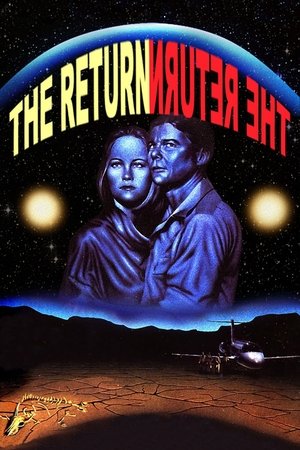 5.9
5.9The Return(en)
Two young children and an adult in a small town have an encounter with an alien spaceship. 25 years later the children are reunited as adults in the same town which is now beset by strange cattle mutilations. Matters become worse when the cattle mutilations are joined by human murders and mutilations.
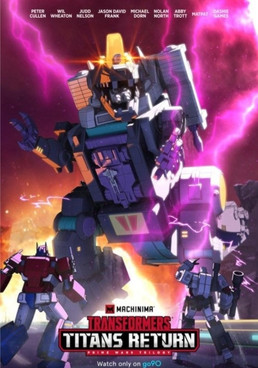 6.9
6.9Transformers: Titans Return(en)
After the Combiner Wars ended, Cybertron started to be rebuilt. However, an undead Starscream has been reincarnated as Trypticon, wreaking havoc around him. To combat this menace, Windblade gathers up a ragtag team of Transformers, including Optimus Prime and Megatron, to resurrect an ancient ally. And while some may be forever changed by the events, others may not emerge with their sparks intact.
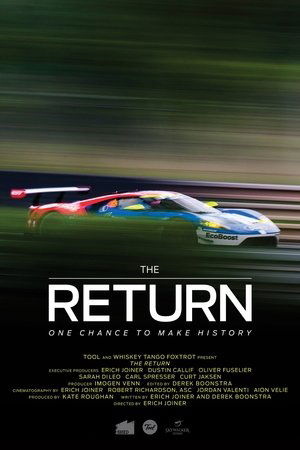 6.6
6.6The Return(en)
The Return is a 2016 documentary directed by Emmy Award winning director Erich Joiner chronicling Ford GT's return to 24 Hours of Le Mans after their 1966 1-2-3 victory.
 6.5
6.5Return to Horror Hotel(en)
Return to Horror Hotel is an anthology feature with 4 segments. One is about giant a bedbugs, one is about a magical charm that turns girls beautiful, one is about a WWII sailor who hasn't aged and one is about a terrorizing severed hand.
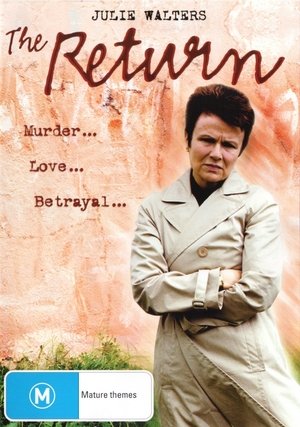 6.8
6.8The Return(en)
A former alcoholic returns home after ten years in prison for the murder of her husband. As her recollection of the murder returns, things take a different turn.
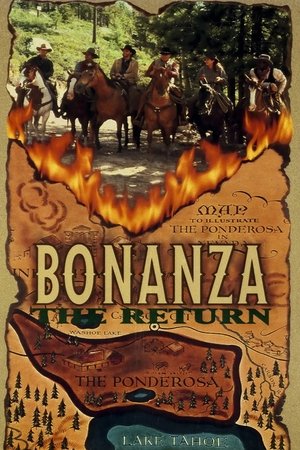 6.5
6.5Bonanza: The Return(en)
A man with a grudge against the late Little Joe seeks revenge on the Cartwrights and attempts to take over the Ponderosa.
 6.5
6.5Slayers Return(ja)
Lina Inverse and Naga the White Serpent are back! What begins as a routine bandit-stomping turns into the adventure of a lifetime involving magical golems, an ancient Elven weapon and even someone bent on destroying the world. It's a predicament only Lina and Naga could get themselves in to.
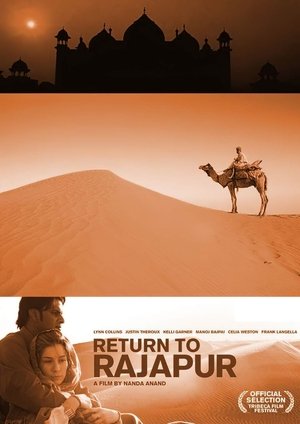 6.8
6.8Return to Rajapur(en)
A doomed love affair blooms against the beautiful and exotic backdrop of the deserts of India in this romantic drama. Samantha Hartley (Kelli Garner) is a woman in her early twenties who travels to Rajapur in India to visit a resort where her mother stayed years ago. While tracing the steps of her mother, Sara (Lynn Collins), Samantha learns the true story about her mother's stormy marriage to Jeremy (Justin Theroux), a charming but moody alcoholic. Only a few days after their wedding, Sara began to wonder if marrying Jeremy was a mistake, and while visiting India on their honeymoon, Sara met Jai Singh (Manoj Bajpai), a handsome and sensitive widower living in Rajapur. Jai Singh, who speaks fluent English, soon strikes up a friendship with Sara that quickly grows into a romance, but both are aware of the transgressive nature of their love, and their affair takes a tragic turn, leaving its scars on all parties involved.
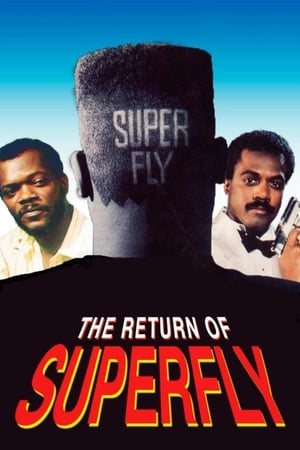 5.5
5.5The Return of Superfly(en)
In this third entry in the Superfly films, Priest returns to New York from Paris to find who is responsible for his friend's murder. With a couple of new friends, he attempts to bring the killers to justice while trying not to get into criminal activity like he did years ago.
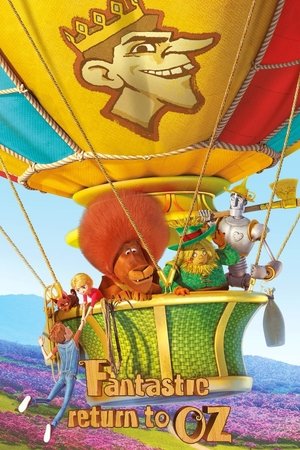 5.4
5.4Fantastic Return to Oz(ru)
A year to the day after Dorothy and the people of the Emerald City defeated Urfin Jus, the villain is trying to exact his revenge. To command the army of Carraci, however, Urfin needs not only the magic book, but also Dorothy’s silver slippers. The slippers are safely hidden away in Dorothy’s house. Unfortunately, Dorothy’s guest, Tim, is overcome by curiosity and picks up the shoes, accidentally transporting himself, Dorothy and the slippers to the Land of Oz. The Emerald City and its citizens are in danger once again.
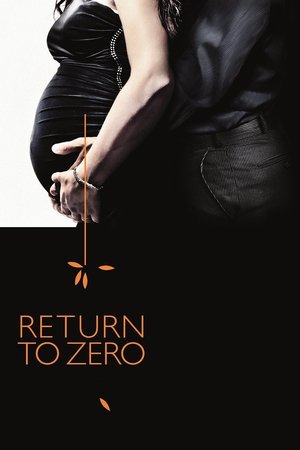 6.7
6.7Return to Zero(en)
Based on the true story of a successful couple, Maggie and Aaron who are preparing for the arrival of their first child.
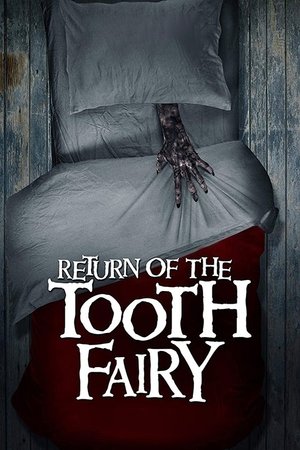 6.5
6.5Return of the Tooth Fairy(en)
The Tooth Fairy is back. 15 years after the events of the first movie, Corey, now grown up but mentally scarred has gone to a class reunion. However, the Tooth Fairy is back, and this time - You better have flossed properly.
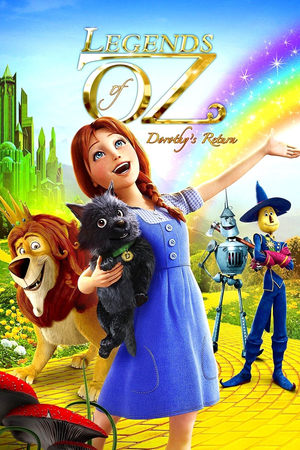 6.3
6.3Legends of Oz: Dorothy's Return(en)
Dorothy wakes in post-tornado Kansas, only to be whisked back to Oz to try to save her old friends, the Scarecrow, the Lion, the Tin Man, and Glinda, from a devious new villain, the Jester. New comrades Wiser the Owl, Marshal Mallow, China Princess, and Tugg the Tugboat join Dorothy on her latest magical journey through the colorful landscape of Oz to restore order and happiness to Emerald City.
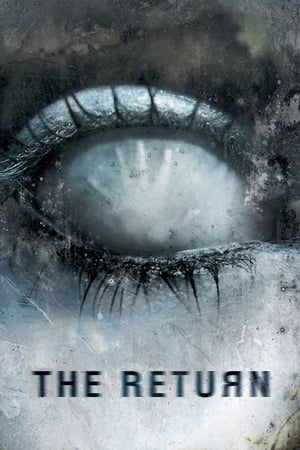 6.0
6.0The Return(en)
Joanna Mills has a successful career but feels her personal life is spinning out of control. She has few friends, an estranged father, and a crazy ex-boyfriend who is stalking her. Joanna begins having terrifying visions of a woman's murder, and it seems that she is the killer's next target. Determined to solve the mystery and escape her apparent fate, Joanna follows her visions to the victim's hometown and finds that some secrets just do not stay buried.
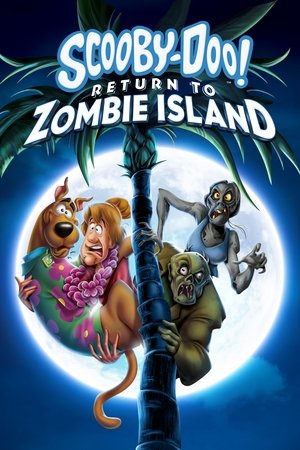 7.0
7.0Scooby-Doo! Return to Zombie Island(en)
Scooby-Doo and his pals win an all-expense paid vacation and embark on a trip of a lifetime to a tropical paradise. Their destination however, turns out to be Zombie Island. As soon as they arrive, they realize the place looks strangely familiar and is reminiscent of a trip they took years ago, in which they became wrapped up in a mystery involving zombies. The gang soon learns that their trip to paradise comes with a price when the zombies re-emerge and attack their hotel. Will Scooby-Doo and the Mystery Inc. gang finally solve the mystery behind Zombie Island?
 6.7
6.7Return to Halloweentown(en)
As Halloweentown prepares to celebrate its 1,000th anniversary, Marnie Piper and her brother Dylan return to Witch University, where trouble is in session from the Sinister Sisters and from someone who's plotting to use Marnie's powers for evil.
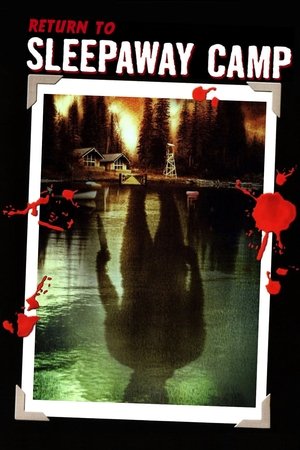 5.8
5.8Return to Sleepaway Camp(en)
It's summer camp as usual at Camp Manabe where the kids torment each other for fun while the underpaid camp staff provides as little supervision as possible. Greedy camp owner Frank and junior partner Ronnie do their best to keep everyone in line, but something sinister is about to put a slash in the roster. When campers and staff mysteriously begin disappearing and turning into gruesome corpses, paranoid Ronnie can't shake the memory of a series of grisly murders that took place at Camp Arawak. As the paranoia worsens, Ronnie's list of possible killers starts growing just like the body count. Only one thing is for certain, something is carving a bloody new trail at Sleepaway Camp where kids can be so mean and surviving this summer is gonna be a real killer!
 6.8
6.8Maroun Returns to Beirut(ar)
2023 marked the thirtieth anniversary of Maroun Baghdadi’s sudden and tragic death. Maroun was a Lebanese filmmaker who wrote and directed films during the Lebanese civil war and contributed to documentary and fiction filmmaking from 1973 up until his death in 1993. In this film, Feyrouz Serhal embarks on a day trip in Beirut and navigates the city that profoundly shaped Maroun’s journey in life and cinema. Here she encounters individuals who were close to him and who shared his experiences. And as she traverses Maroun’s life and career, the social and political backdrop moves to the foreground. The film reflects on the last fifty years of the history of the country from a present standpoint. Through Maroun’s story, we perceive how cinema can, beautifully and dramatically, portray our stories and discourse our life events..
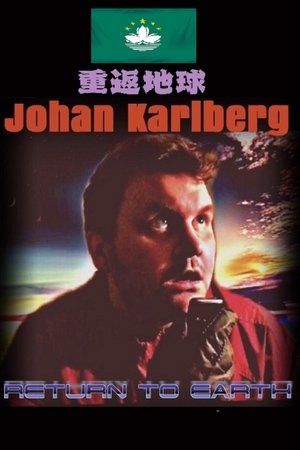 6.1
6.1Return To Earth(zh)
At the 26th century, Earths core exploded in a mysterious way, humanity was forced to evacuate earth. 65 years later, one of the last survivors spent money on operation return to earth, which has discovered earth is back in shape but in difference by look, other planets gathered around it to give earth air. 2565 is the year we will return to earth. Three pilots from the new Terran confederation space force unit has signed up for the mission to investigate earth. One of the pilots name Li Shuai, on board TCS Macau, discovers a jump point that of some sort of space tunnel that leads directly to earths core. After a brutal attack on the pilots, Li Shuai managed to escape through the tunnel and crash land on an unknown planet, with no idea where he is, at the same time a convoy of 200 passengers waiting for a signal to land on earth. But unknowingly there might be a traitor among them.
Similar Movies
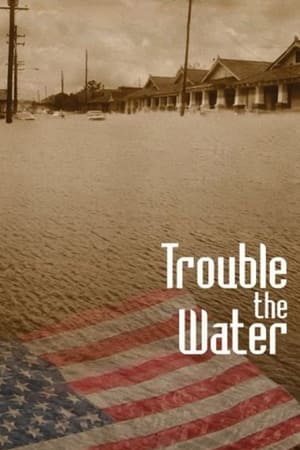 6.8
6.8Trouble the Water(en)
"Trouble the Water" takes you inside Hurricane Katrina in a way never before seen on screen. The film opens the day before the storm makes landfall--just blocks away from the French Quarter but far from the New Orleans that most tourists knew. Kimberly Rivers Roberts, an aspiring rap artist, is turning her new video camera on herself and her Ninth Ward neighbors trapped in the city. Weaving an insider's view of Katrina with a mix of verité and in-your-face filmmaking, it is a redemptive tale of self-described street hustlers who become heroes--two unforgettable people who survive the storm and then seize a chance for a new beginning.
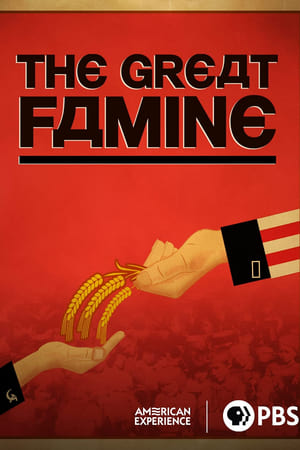 0.0
0.0The Great Famine(en)
When a devastating famine descended on Soviet Russia in 1921, it was the worst natural disaster in Europe since the Black Plague in the Middle Ages. Examine Herbert Hoover’s American Relief Administration—an operation hailed for its efficiency, grit and generosity. By the summer of 1922, American kitchens were feeding nearly 11 million Soviet citizens a day.
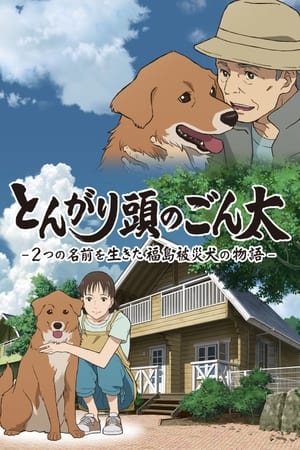 0.0
0.0Pointy-Headed Gonta: The Story of the Two-Named Dog in the Fukushima Disaster(ja)
After Gonta is left behind reluctantly by its family in Namie, Fukushima during the evacuation due to the 2011 Tohoku earthquake and tsunami disaster, Gonta's family rallies a rescue team to save all the pets left behind.
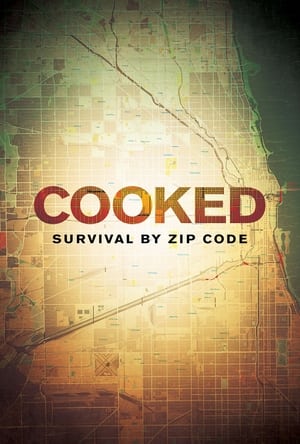 7.5
7.5Cooked: Survival by Zip Code(en)
Filmmaker Judith Helfand's searing investigation into the politics of “disaster” – by way of the deadly 1995 Chicago heat wave, in which 739 residents perished (mostly Black and living in the city’s poorest neighborhoods).
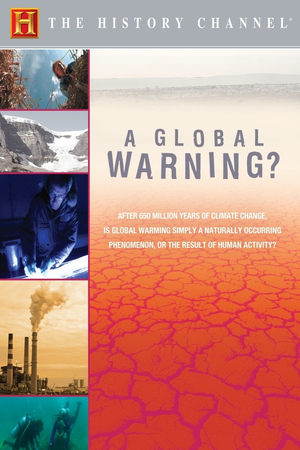 4.0
4.0A Global Warning?(en)
Global warming in context. What the climate of the past tells us about the climate of the future.
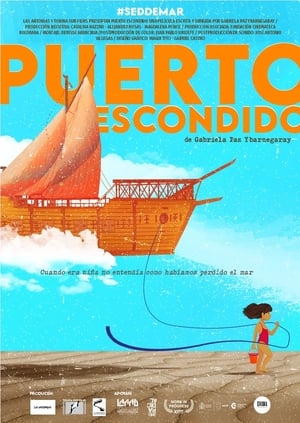 6.5
6.5Puerto escondido(es)
In 1879, Bolivia lost its access to the sea in a war. When I was a child I did not understand how we had lost it; he thought the Chileans had taken him away in buckets. It is a diary towards interior landscapes, myths, characters and contradictions in a country that relives this loss every day.
 6.7
6.7The 11th Hour(en)
A look at the state of the global environment including visionary and practical solutions for restoring the planet's ecosystems. Featuring ongoing dialogues of experts from all over the world, including former Soviet Prime Minister Mikhail Gorbachev, renowned scientist Stephen Hawking, former head of the CIA R. James Woolse
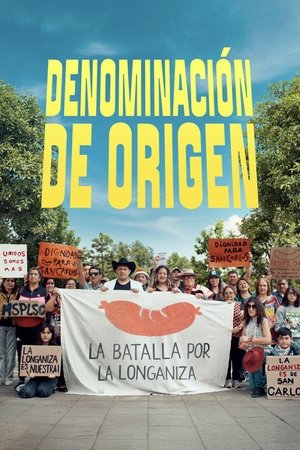 0.0
0.0Designation of Origin(es)
The small town of San Carlos suffers an atrocious injustice: the neighboring city of Chillán snatches from them the prize for the "Best Longaniza in Chile". Faced with this blatant theft, a group of people from San Carlos organizes a powerful social movement, which aims to obtain the precious "Denomination of Origin" for their longaniza sausages, and thus repair the damage and recover the dignity of their beloved town.
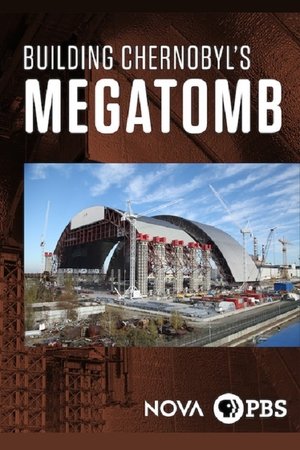 6.5
6.5Inside Chernobyl's Mega Tomb(en)
Documentary which follows the construction of a trailblazing 36,000-tonne steel structure to entomb the ruins of the nuclear power plant destroyed in the 1986 Chernobyl disaster.
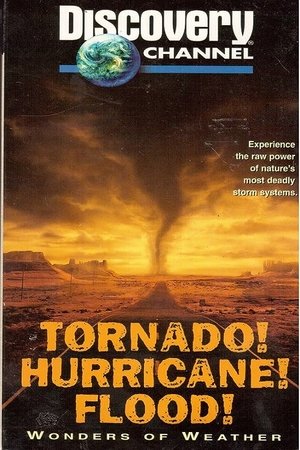 0.0
0.0Tornado! Hurricane! Flood!: Wonders of the Weather(en)
This video presents a look at the forces of nature in their most devastating mode: lightning storms, tornadoes, flash floods, tidal waves, and hurricanes. The film, made for The Discovery Channel, accompanies professional storm chasers as they ride into the eye of a category five hurricane to gather data and get a close-up view. There is footage of a tornado with 300-mile-per-hour winds, as well as 100-foot tidal waves hurtling towards shore at 500 miles per hour. The viewer witnesses a flash flood and hears an interview with a lightning strike survivor.
Gulf Stream and the Next Ice Age(en)
As co-created by environmentalists Stephan Poulle and Nicolas Koutsikas, the documentary Gulf Stream and the Next Ice Age argues and provides evidence for the idea that mankind is wreaking permanent and potentially irreversible damage on the ecosystem by interfering with the natural course of the Gulf Stream. Koutsikas and Poulle suggest that this interference, in turn, will prompt a new Ice Age that virtually destroys the modern world.
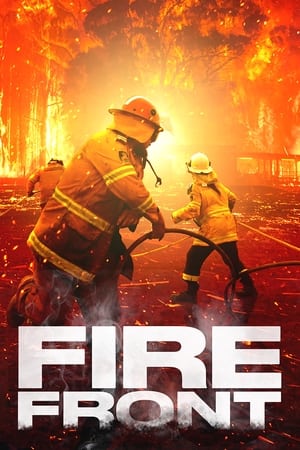 10.0
10.0Fire Front(en)
Leading Australian documentarian Eddie Martin puts viewers on the frontlines of the deadly 2019–2020 bushfires, capturing the catastrophe with a perspective and scale never before seen. 24 million hectares were burnt, 3000 homes were destroyed, 33 people died, and nearly three billion animals perished or were displaced. Fire Front is a powerful account of that calamitous antipodean summer, told from the ground where climate change took on the face of hell.
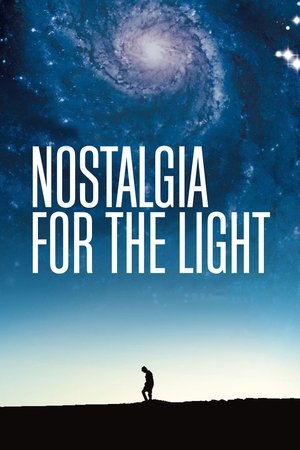 7.4
7.4Nostalgia for the Light(es)
In Chile's Atacama Desert, astronomers peer deep into the cosmos in search for answers concerning the origins of life. Nearby, a group of women sift through the sand searching for body parts of loved ones, dumped unceremoniously by Pinochet's regime.
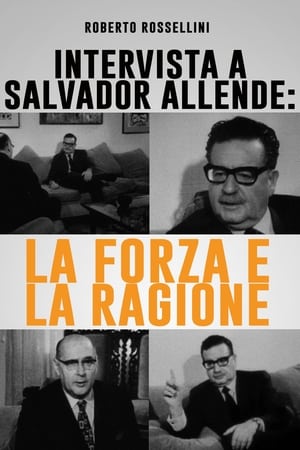 6.5
6.5Interview with Salvador Allende: Power and Reason(it)
An interview with the president of Chile conducted by Roberto Rossellini in 1971, but broadcast only after his death.
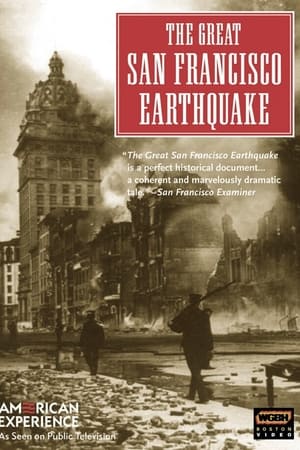 0.0
0.0The Great San Francisco Earthquake(en)
An account of the devastating 1906 San Francisco earthquake and the subsequent effort to rebuild.
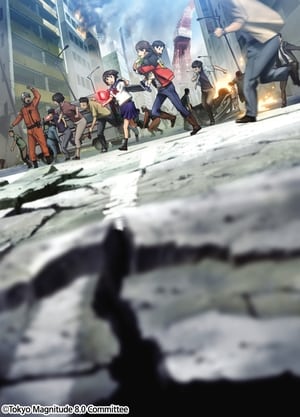 8.2
8.2Tokyo Magnitude 8.0: The Movie(ja)
An apocalyptic look at the possibility of an earthquake of magnitude 7 or greater striking the Tokyo area. Mirai, a middle school freshman girl who goes to Tokyo's artificial Odaiba Island for a robot exhibition with her brother Yutaka at the start of summer vacation. A powerful tremor emanates from an ocean trench, the famed Tokyo Tower and Rainbow Bridge crumble and fall, and the landscape of Tokyo changes in an instant. With the help of a motorcycle delivery woman named Mari who they meet on Odaiba, Mirai and Yutaka strive to head back to their Setagaya home in western Tokyo.
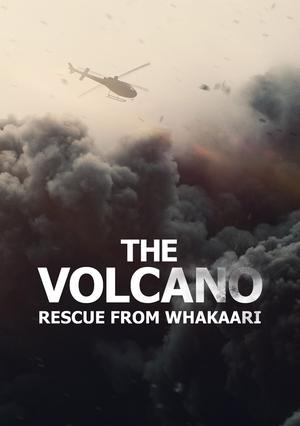 7.2
7.2The Volcano: Rescue from Whakaari(en)
A close examination of the Whakaari / White Island volcanic eruption of 2019 in which 22 lives were lost, the film viscerally recounts a day when ordinary people were called upon to do extraordinary things, placing this tragic event within the larger context of nature, resilience, and the power of our shared humanity.

